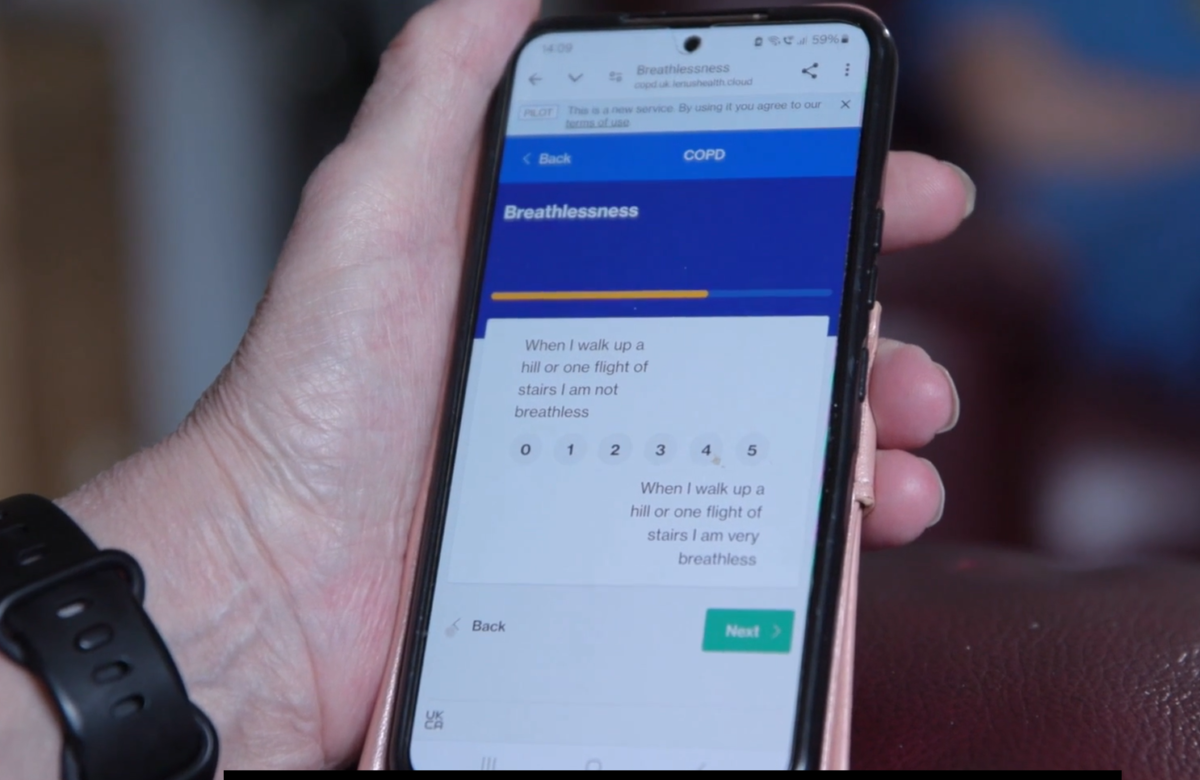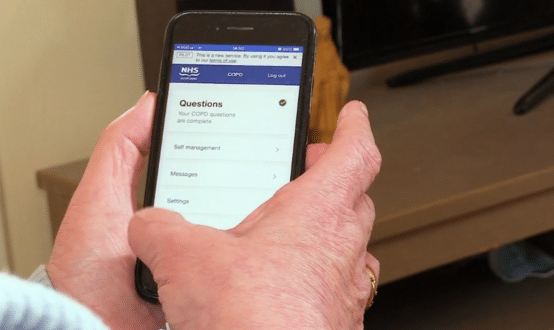Leicester telehealth scheme expanded
- 23 July 2013

A telehealth project for patients with chronic obstructive pulmonary disease has prevented 107 hospital admissions in Leicester over the past 30 weeks.
The project, run by NHS Leicester City CCG, uses both telehealth and telecoaching for COPD patients.
The project reported early success in keeping patients out of hospital over the winter, when it recruited 41 patients in its first ten weeks and prevented 28 admissions.
The project uses a definition of saved admissions that identifies when a clinical intervention has been made that stops a patient being admitted to hospital within 14 days. Using this definition, it has saved 107 admissions over six months.
Emma-Jane Roberts, programme manager for the CCG, told EHI the project involved close integration between the technology, personal coaching, and education for patients.
“The reason we believe it’s gone so well is that we got the patients at the centre. We haven’t just left telehealth device in their homes, but used it as a vehicle for integrated care,” she said.
“We got a responsible nurse and health coach that monitors the information. We also educate the patients about their condition so they understand their limitations.”
The project is now working with 47 patients, who have been issued with a Clini-Touch device from Spirit Healthcare, and a dongle for transferring real-time data back to a respiratory nurse.
Patients use the device to answer personally tailored basic questions about their condition, and the nurse can intervene if necessary.
The CCG is also using health coaches provided by Totally Health to deliver mentoring and lifestyle advice.
“A couple of patients are either too tired or have found that their dexterity isn’t enough [to use the telehealth devices], so the other thing we’ve been able to do is to build in carers in the process,. They use [the devices] on behalf of the patients,” said Roberts.
Even so, some patients decided that telehealth was not for them. “Eleven withdrew because they were too poorly or not getting on with having telehealth in their home,” she said.
“Unfortunately we’ve also had some patients that have died during the scheme. We had selected patients who are too poorly, so we had to review how to select patients.”
The CCG has been given the go-ahead to extend the scheme to 150 patients. “We didn’t foresee the success we’re seeing now, which is why we’ve persuaded commissioners to roll it out further,” said Roberts.
“We’ve just been given permission six weeks ago and we’re extending the project to 150 users. It’s a big jump.”
Roberts added that the CCG is looking at rolling the scheme out to heart failure patients next year. “Our aim is to have a telehealth service for all long term conditions,” she said.




